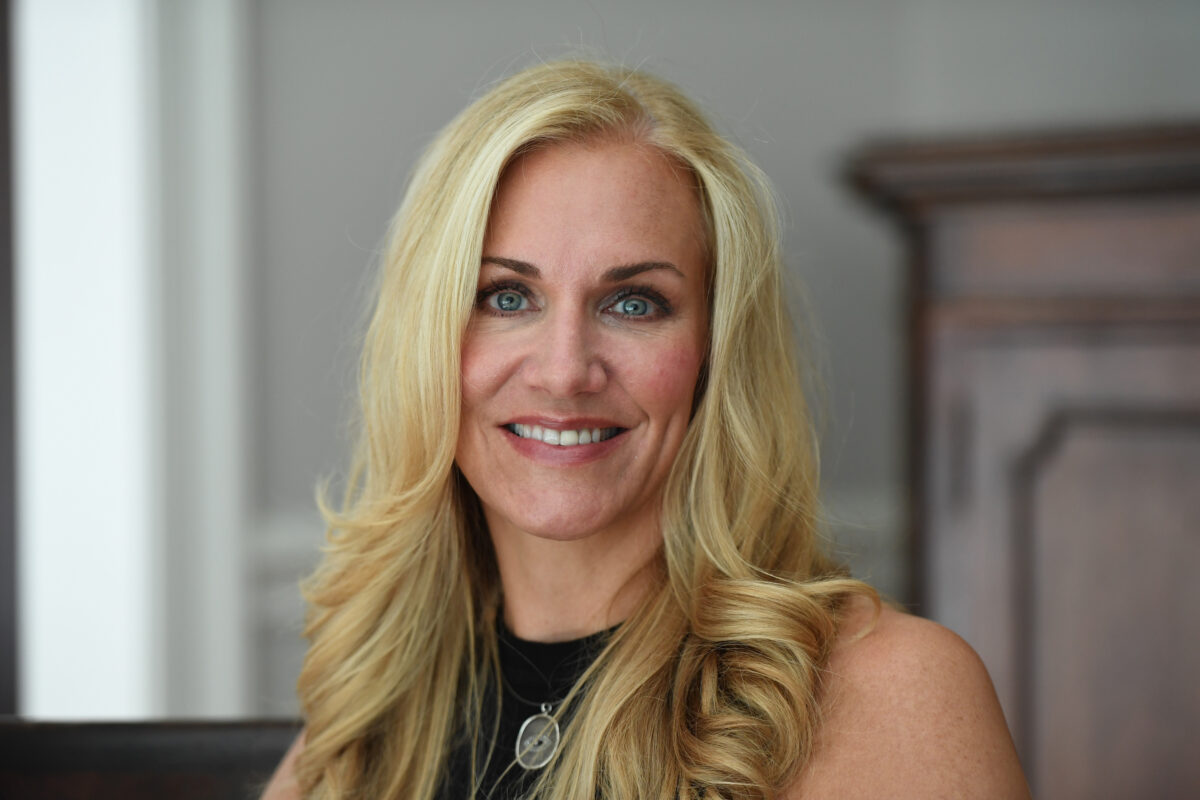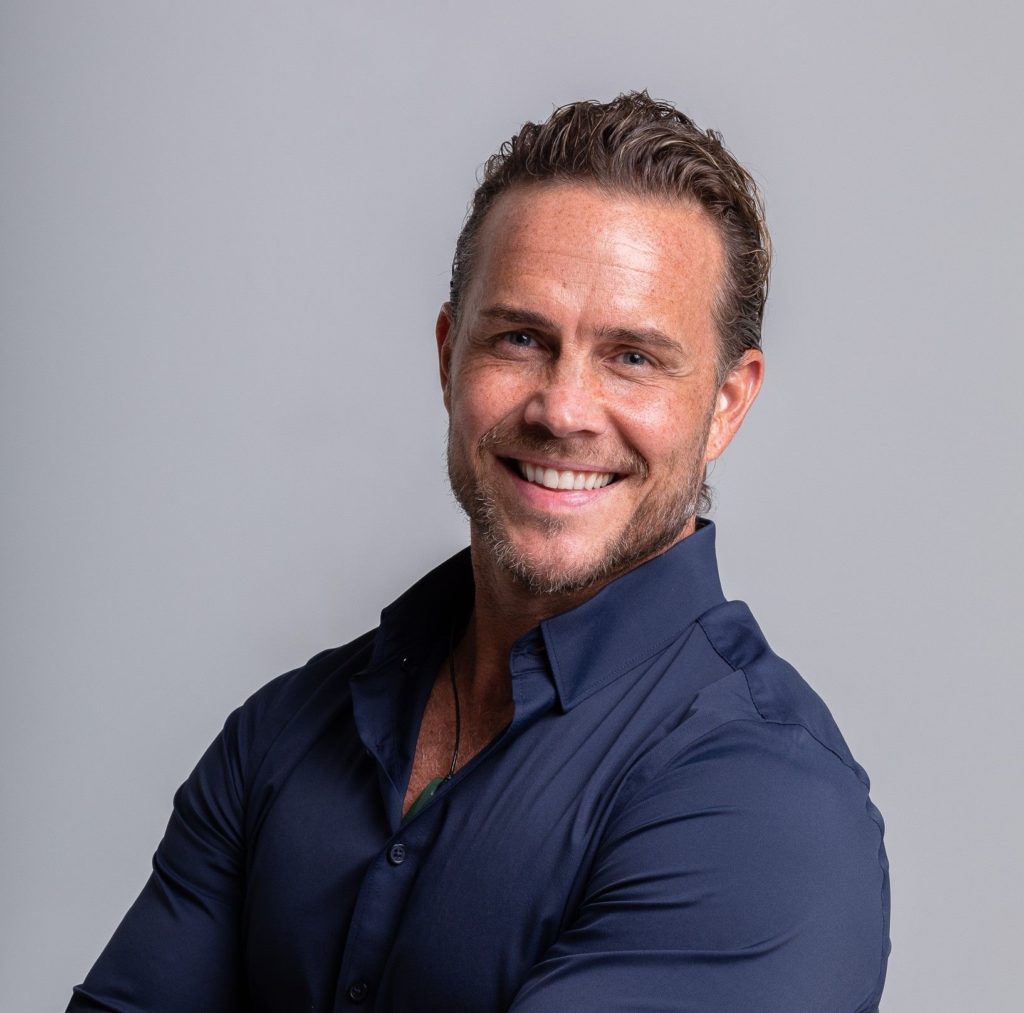Draymond Green Signs Multi-Year Extension with The Volume, Continuing the Rise of Athlete-Created Content
After a tumultuous few months, four-time NBA Champion Draymond Green has inked a multi-year extension with The Volume, the innovative sports media company founded by Colin Cowherd.
After two successful seasons, fans of The Draymond Green Show were left in limbo. Green was both out of the studio and off the court due to a 12-game suspension. In the end, The Volume doubled down on its commitment to the controversial NBA Champion.
This deal not only renews The Draymond Green Show for its third season but also paves the way for Volume and Green to co-develop and co-produce new content under Green’s media brand, “The New Media.”
Green’s podcast, which debuted in 2021, has already won accolades like the iHeart Sports Podcast of the Year and the Webby People’s Voice Award in 2022. Season 3 is set to be another unmissable event for sports fans. The first episode is already making waves. In it, Green opens up about his recent on-court suspension.
Colin Cowherd, founder of The Volume, expressed his enthusiasm for the partnership. “Draymond is one of the most authentic voices in sports and has been an incredible teammate,” Cowherd said.
Green also expressed gratitude for his continued collaboration with The Volume. “Colin and everyone at The Volume have been amazing partners over the last two years,” he said. Green is optimistic about his future at The Volume, not just for his show but for the broader ambitions of “The New Media.”
The Volume and Colin Cowherd’s Vision
Draymond Green’s contract extension is another milestone in the remarkable success of Colin Cowherd’s The Volume. Launched in 2020, The Volume was Cowherd’s venture to curate a digital platform around his unapologetic style of sports commentary.
Jamie Horowitz, former President of Fox Sports and long-time collaborator of Cowherd, and a friend of Draymond Green, recognized the potential of The Volume early on. “Media has evolved significantly in the past decade,” said Horowitz. “Colin Cowherd, Shannon Sharpe, Draymond Green, and many others have shown that if you have a passionate following and a strong production team, you can cut through in ways that would have been impossible a few years ago.”
Another aspect of The Volume’s success is its focus on instant reactions. Colin Cowherd and Shannon Sharpe have cut through by doing podcasts immediately following big NFL and NBA games. Similarly, Draymond Green made news by going straight to camera following Warriors games.
Jamie Horowitz and Colin Cowherd: An Enduring Partnership
Cowherd is known for being one of the biggest (and most interesting) voices in sports talk. His rise to dominance across media platforms can be traced back to his collaborations with sports media exec Jamie Horowitz.
Cowherd began his sports radio talk show, The Herd, in 2001 and was soon picked up by ESPN Radio. Cowherd’s work and friendship with Horowitz at ESPN led to the creation of more opinionated content, such as SportsNation, which Cowherd co-hosted.
When Jamie Horowitz left ESPN to serve as President of Fox Sports, he brought Cowherd with him, giving Cowherd a 3-hour slot on the new network, FS1. Cowherd helped FS1 become a major competitor to ESPN. The Herd is still FS1’s top-rated studio program.
Horowitz’s journey with Cowherd from ESPN to FS1 is evidence of a lasting partnership that changed the sports media landscape. Horowitz’s knack for recognizing and cultivating talent, combined with Cowherd’s infectious approach to sports talk, soon had competing networks clamoring to produce shows that followed in their footsteps.
The Future is Green at The Volume
Draymond Green’s contract extension is a major win for The Volume and Green. It also sends a strong message to the industry that The Volume’s athlete-created content and rapid response to sports news represent the future of the industry. It signifies a shift towards more authentic and immediate sports commentary, and no one in sports talk is more adept at recognizing these trends than Colin Cowherd.
Jamie Horowitz’s insight on Cowherd’s success rings true: “It’s fair to say that Cowherd is part of a select group of people including Shannon Sharpe and Draymond Green that have properly adjusted programming to best serve the modern sports fan.”











